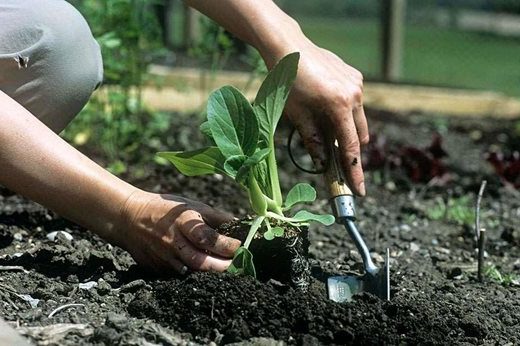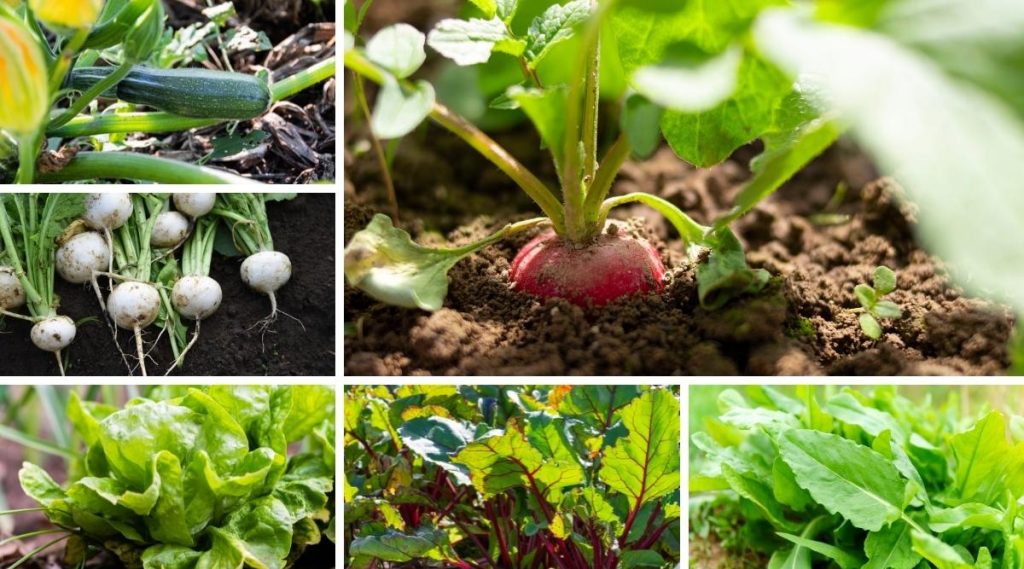The best and most sustainable approach to guarantee a supply of fresh, nutritious food is to grow organic vegetables at home. In addition to giving you access to wholesome fruit, it also enables you to lessen your environmental impact and establish a closer relationship with nature. The technique of growing organic veggies in your own backyard or even in pots on your balcony will be covered in detail in this blog post.

Let’s go off on a quest to create your own organic vegetable garden!
How to Start an Organic Vegetable Garden
Is there anything sweeter than a fresh tomato from the vine that has been warmed by the sun while you’re standing in the garden? Knowing what is and isn’t in your food is one of the main benefits of organic gardening. A magnificent haven for birds, bees, and butterflies is created in your garden when you plant organic veggies, herbs, and flowers.
1. Planning and Preparation
Planning and preparing your vegetable garden before you begin is crucial. Think about these crucial elements:
- Location: Pick a location with good soil drainage and plenty of sunlight (at least 6 hours per day).
- Soil Preparation: Check the pH of your soil and add organic matter, such as compost or well-rotted manure. This enhances soil fertility, structure, and water retention.
- Choosing Your Vegetables: Choose the vegetables you want to plant. Think about the environment, the space you have, and your tastes. Beginners should start with options that are simple to cultivate, such as tomatoes, lettuce, carrots, or herbs.
2. Introducing Seeds or Seedlings:
Using seeds or buying seedlings are your two alternatives for getting your vegetable garden started. What you need to know is as follows:
- When planting seeds, pay attention to the planting depth and spacing recommendations on the seed packets. In seed trays or other containers filled with seed-starting mix, start seeds inside. When the seedlings are robust enough, transplant them outside.
- Plantlings: Buy wholesome, organic seedlings from nurseries or neighborhood farmers markets. Before planting them in the garden, gradually harden them off by exposing them to external circumstances for a few hours each day.
3. Planting and Maintenance:
It’s time to plant some vegetables and get your hands dirty. Follow these recommendations:
- Create holes or furrows with the recommended distances between each veggie. Making sure they have adequate space to grow, carefully place the seedlings or seeds.
- Watering: Maintain a wet but not soggy soil. Check the moisture content frequently, and adjust watering as necessary. Mulch around the plants to keep moisture in and weed development out of control.
- Weeding: To avoid competition for nutrients and space, remove weeds on a regular basis. When weeding, take care not to disrupt the vegetable roots.
- Organic insect Control: Keep an eye out for insect or disease symptoms on your plants. To preserve a healthy environment, use organic pest management techniques like companion planting, home-made sprays, or introducing beneficial insects.
Read also:

4. Organic Fertilization
Feeding your plants with organic fertilizers can encourage robust development and plentiful harvests. Compost, worm castings, seaweed extract, and organic plant-based fertilizers are a few alternatives. To prevent overfertilization, follow the recommendations on the product’s label.
5. Enjoy Your Harvest!
You’ll enjoy the satisfaction of collecting your own organic produce as your vegetables mature. Here are some pointers for getting the best harvests:
- To find out when to harvest each vegetable, consult the seed packages or online resources. Taste and quality might be impacted by harvesting too soon or too late.
- To harvest veggies without harming the plants, use clean, sharp equipment. The results of your labor can be enjoyed in a number of delectable recipes or simply enjoyed straight from the garden.
In conclusion, cultivating organic veggies at home enables you to embrace sustainability, foster self-sufficiency, and take advantage of the superior flavor and nutritional benefits of fresh produce. You can start your own organic vegetable garden by following the instructions provided in this guide, which will take you on an amazing adventure. Take joy in it.



